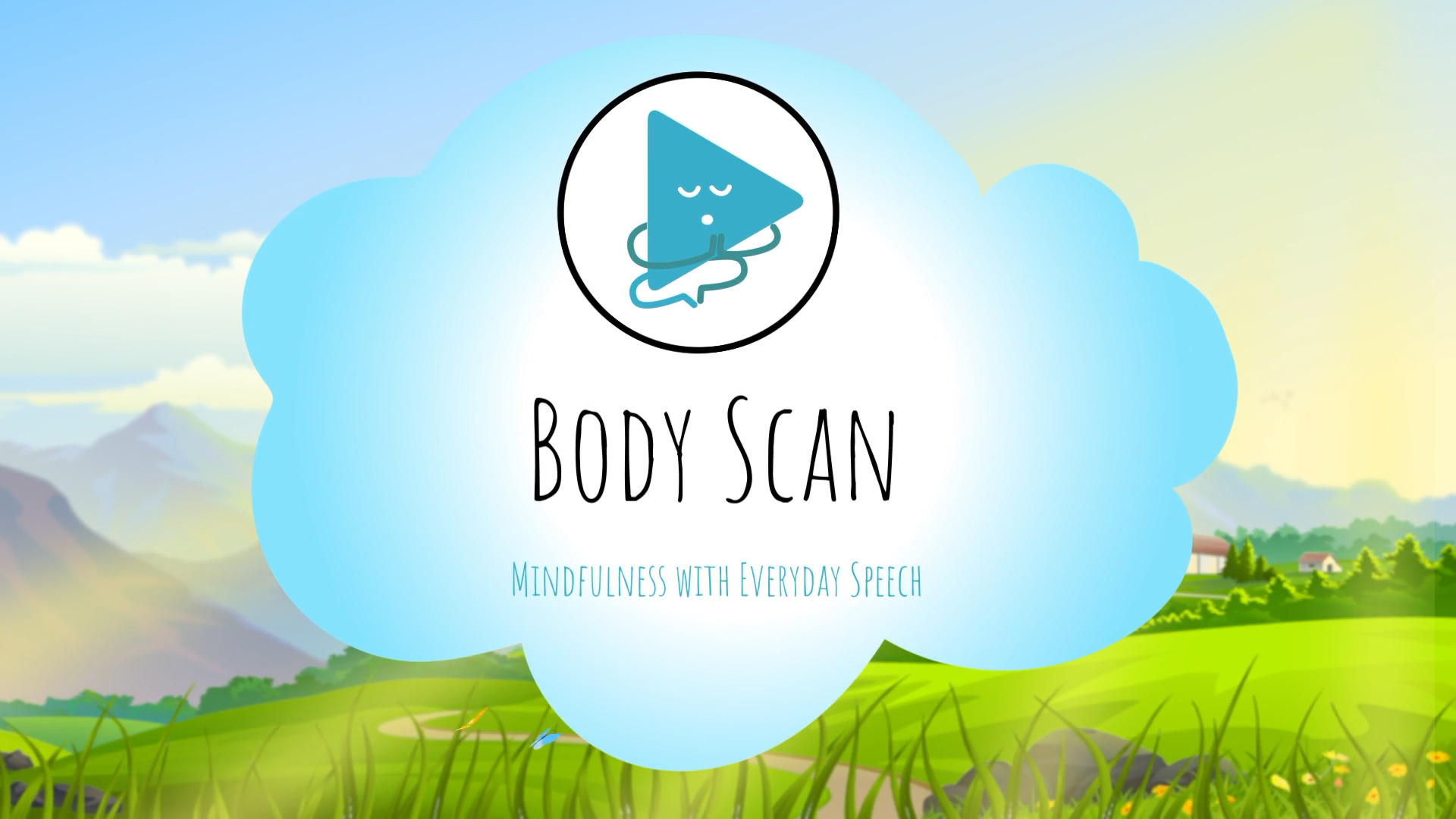Integrating mindfulness into the special education classroom can greatly benefit students by helping them develop self-awareness, focus, and coping skills. This blog post will explore the concept of mindfulness, provide a no-prep activity for educators, and offer discussion questions to stimulate further conversation. We’ll also touch on related skills and encourage you to sign up for free samples at Everyday Speech.
Introduction
Mindfulness is the practice of paying attention to the present moment, focusing on what’s happening right now. By incorporating mindfulness techniques into the special education classroom, educators can help students develop self-awareness, concentration, and emotional regulation. One way to practice mindfulness is through a body scan exercise, where students focus on releasing tension and letting go of distractions to become more in tune with their bodies and minds.
No-Prep Activity: Guided Breathing Exercise
Here’s a simple, no-prep activity that requires no materials or preparation from the educator. This guided breathing exercise can help students develop mindfulness and relaxation skills.
- Have students sit comfortably in their chairs with their feet flat on the floor.
- Ask them to close their eyes or look down at the floor to minimize distractions.
- Guide the students through a series of deep breaths, inhaling through the nose and exhaling through the mouth. Encourage them to focus on their breath and the sensations of their body as they breathe.
- Continue the breathing exercise for 2-3 minutes, allowing students to become more aware of their bodies and minds.
- After the exercise, ask students to open their eyes and share their experiences, if they feel comfortable doing so.
Discussion Questions
Use these questions to stimulate further discussions about mindfulness and its benefits:
- How did you feel during the guided breathing exercise? Did you notice any changes in your body or thoughts?
- Why do you think it’s important to pay attention to the present moment? How can this help us in our daily lives?
- What other activities or situations can you think of where practicing mindfulness might be helpful?
- How can mindfulness help us better understand and manage our emotions?
- What are some ways we can incorporate mindfulness into our daily routines?
Related Skills
Along with mindfulness, there are other relevant skills that can benefit students in special education settings. Some of these include:
- Self-awareness: Understanding one’s own emotions, thoughts, and values, and recognizing their impact on behavior.
- Self-regulation: Managing emotions, thoughts, and behaviors in different situations and pursuing personal goals.
- Social awareness: Developing empathy, understanding others’ perspectives, and appreciating diversity.
- Relationship skills: Building and maintaining positive relationships, communicating effectively, and working cooperatively with others.
- Goal-setting: Identifying and working towards short-term and long-term goals, both personally and academically.
Next Steps
Practicing mindfulness and related skills can greatly benefit students in special education settings. To explore more activities and resources, we encourage you to sign up for free samples of skill-building materials at Everyday Speech. By incorporating these techniques into your classroom, you can help your students develop essential life skills and foster a positive learning environment.






